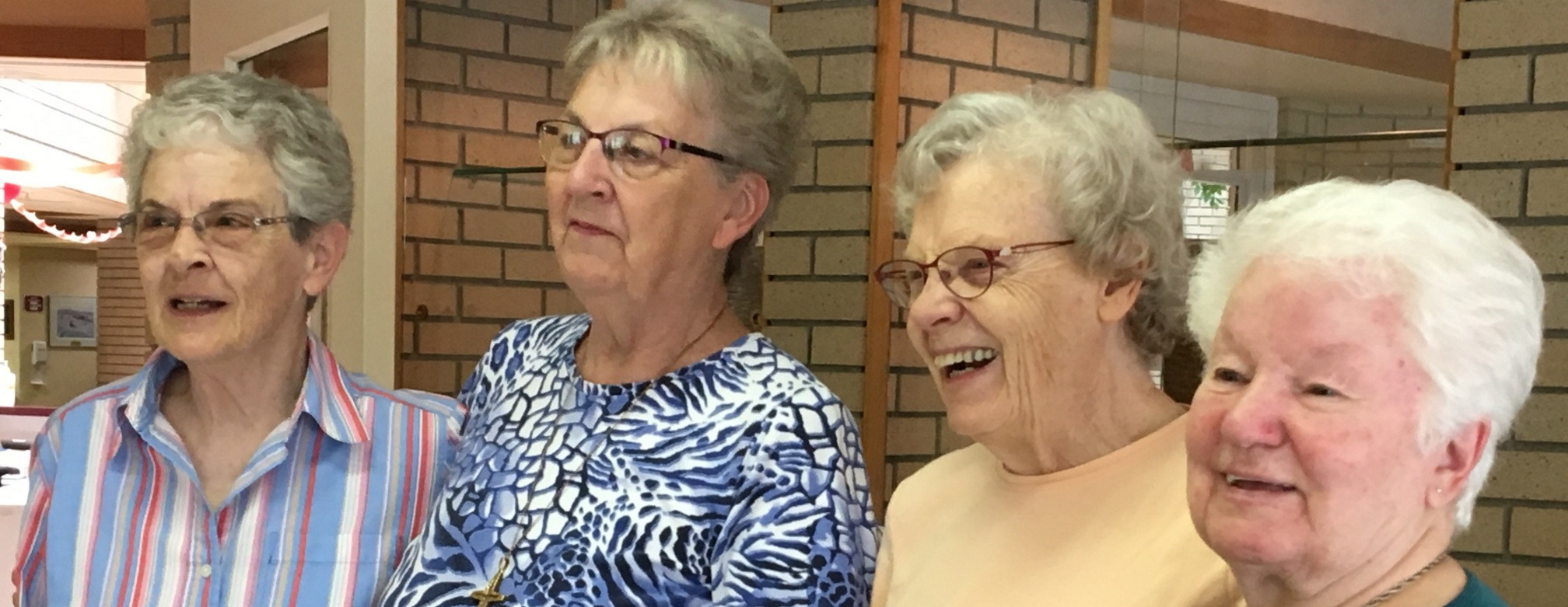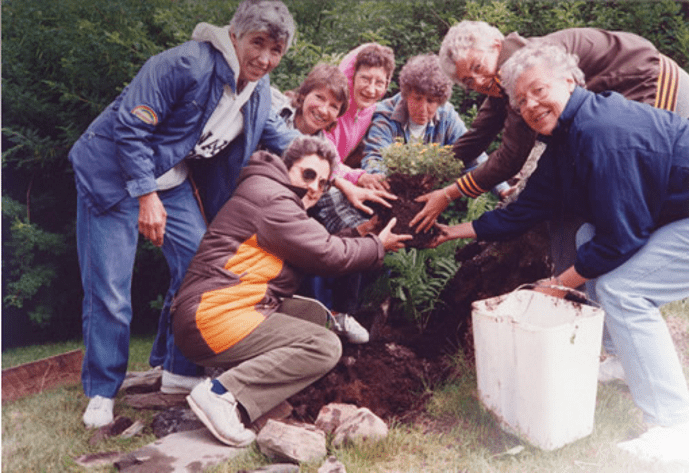
Eco-Spirituality
For hundreds of years, those who have been interested in the spiritual life have found that exposure to the beauty of the Earth is a way to make God powerfully present. In recent times, many persons of faith have become interested in the ecological movement and a new awareness of the transcendence of the Cosmos. Concern for the present ecological crisis has become more than a cause; it involves, too, a spirituality that supports activists and even simple lovers of nature to be caretakers of the Earth and stewards of God’s creation.
For more, see: Eco-Spirituality and Earth Healing
Eco-Theology
When Fr. Thomas Berry exhorted us to put the Bible on the shelf for about 20 years, Berry was not showing disrespect to the scripture, but rather trying to get us to see, before it’s too late, that God’s revelation is also in our midst. The world is not an expendable backdrop to some remote salvation drama. God is here and now. Every bush is burning. God has been at work for billions of years everywhere in the processes of creation that are still going on. (Rich Heffern)
For more, see: The Geologians: Stalking the Divine in the Real
Eco-Theology: A Personal Reflection
“As an RNDM novice, I discovered a book and a man who opened out my heart and my life. The man was Jesuit priest Pierre Teilhard de Chardin, and the book was The Divine Milieu. For Teilhard, consciousness and the soul are the products of evolution. He began with the premise that all things, living and “non-living”, have a basic sense of self, an innerness that is part of their unique creation. The more complicated a thing was the more self-awareness it had. Evolution, as a process, which created more complexity, was therefore a process for creating greater self-awareness.

Many years later, I discovered the work of Matthew Fox, Brian Swimme, Thomas Berry, and Sally McFague. Like Teilhard, these writers are eclectic in the perspectives they bring to the study of creation as a basic text, a primal scripture, which illuminates the mystery of life and the mystery of God. While each of these writers deserves a paper in their own right, I will simply state here some of the broad strokes of understanding I have received from them.
Our universe is some thirteen billion years old. Of that unfathomable duration of time, humans have been on the planet for about 70,000 years, which means that about 98% of evolutionary “time” unfolded without any assistance – or any interference – from us humans. The expanding cosmos, from within its own creative potential, produced the first and second-generation stars, the galaxies, the planets. On this garden-planet earth, it distilled gases and chemicals, produced the single celled bacteria, the plants and animals. Finally, late in the cosmic day, humans emerged from the processes of earth.
Given this swoop of time and space, the theological, ecclesiological and missiological reflections of human beings seem like today’s breaking news. In “earth time” the several formal religions and philosophical systems we know of have existed for about 4,500 years. However, the weight of their reiterated norms, and the resistances to those norms, have brought human consciousness and planet earth to our present situation in these first years of the 21st century. It is a situation of unprecedented ecological devastation, and enormous human suffering.
Earth is a unique “garden planet” that constitutes the common home of all earth creatures. All life on earth will flourish or diminish together. While planet earth may survive ecological devastation, humans will not. And if humans do survive on a much-damaged planet, it could be argued that it is not possible to have healthy persons on a sick planet. Whether we like it or not, whether we know it or not, we are fundamentally related to this planet and its many life-forms. In our day, theology has to be concerned with this elegant, intelligent, complex and chaotic universe. We need to learn from it, and to care for it. Without the diversity and beauty of our planet home, we lose the incredible context within which our soulfulness and our religious imagination are born, nurtured and supported. It is on this planet that Jesus became incarnate, and any faith community that gathers in his name, needs to cherish earth and cherish embodiment as Jesus did.”
-Veronica Dunne rndm
Earth as the Body of God
“If it does not thrive, neither can we” — an Earth Day reflection from Sallie McFague
The body of God is the entire universe; it is all matter in its myriad fantastic, ancient and modern forms, from quarks to galaxies. More specifically, the body of God needing our attention is planet Earth, a tiny piece of divine embodiment that is our home and garden. In order to care for this garden, we need to know about it; in order to help all creatures who constitute this body flourish, we need to understand how we humans fit into this body.
For more, see: An Earth Day Reflection from Sallie McFague
Radio Interview
The following is a radio interview on CKUW with Sr. Sandra Stewart and Sr. Veronica Dunne, which covered topics of ecology, cosmology, eco-spirituality, food justice, and faith. This interview took place on October 28, 2011 and is used with permission of CKUW Radio.
Audio Player
Sisters of Our Lady of the Missions
393 Gaboury Place
Winnipeg, MB
Canada
R2H 0L5
Phone: (204) 786-6051
Fax: (204) 691-0640
